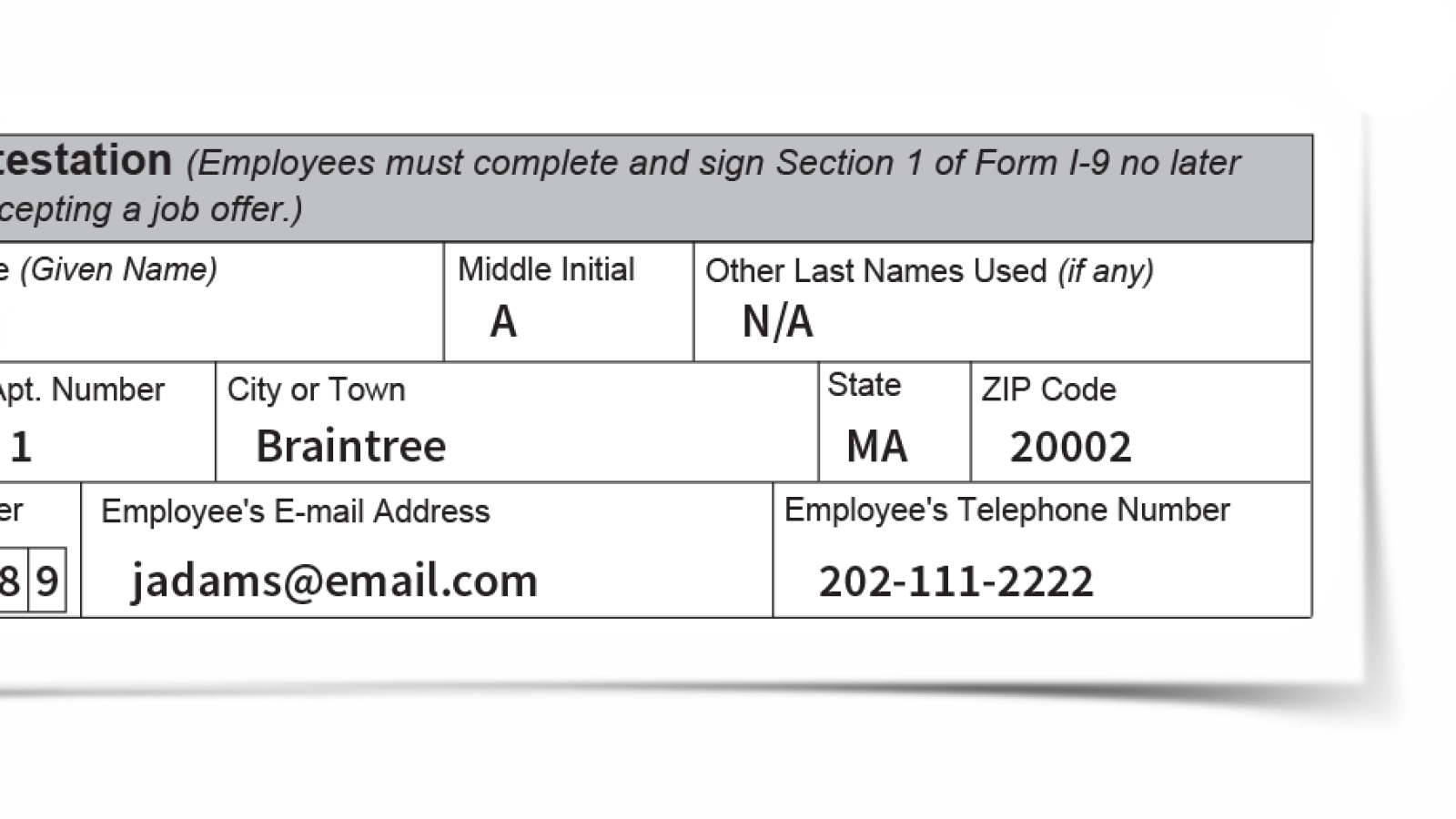
Top 5 Job Scams: Tips to Recognize and Avoid These Career Traps
UK Information Technology Services (ITS) would like to inform students about common job scams circling the internet. In today's market, working from home has become an attractive concept. Unfortunately, hackers are also taking advantage of this trend, resulting in a surge of employment frauds of people seeking your financial or personal information. Here are some of the most common types of career scams and how to spot them.
1.) Reshipping Scams
What they are:
When searching for online employment you will stumble across job postings offering quick and easy money. These positions will often be called “quality control management” or “virtual personal assistance.” Your ‘job’ will be to open goods shipped to your door, repackage them, and ship them oftentimes overseas.
How to spot them:
These ‘packages’ are normally high value items, bought by the company on stolen credit. In addition, these companies will ask for personal information for “payroll.” This can include requests to take a picture of a check with bank account and routing number in order to “transfer payment”. However, most victims find a check never comes and you will find that the company number has been disconnected-- leaving you high and dry with a case of identity theft on your hands. The reality is that reshipping is not a real position, and unfortunately if it seems too good to be true, it is a scam.
2.) Virtual Personal Assistant Scams
What they are:
Bad actors will attempt to impersonate contacts from reliable organizations or universities. They will use this perceived trust to offer an ‘inside opportunity’ for a virtual personal assistant or caregiver position.
How to spot them:
Once hired, this company will offer to send you a large check, asking you to deposit half into your account and send the rest to someone else. A legitimate company never conducts payroll this way. This check is fake, and you will have to pay the bank back the full amount of the check. If a company ever asks you to split and pass on a check, this is a scam.
3.) Mystery Shopper Scams
What they are:
These companies often approach full-time students for positions as “quality control.” You will purchase pre-determined products and test them for the corporation or rate the shopping experience.
How to spot them:
While there are legitimate mystery shopper positions, the scams will require you to complete ‘training courses’ for a considerable amount of money. You should never have to pay a company to hire you. In these scams, once you are ‘hired’ your paycheck will never come.
4.) Job Placement Service Scams
What they are:
These companies will advertise ‘exclusive’ job opportunities. They will charge fees for recruiting and placement of employees.
How to spot them:
These scam services often advertise fake or outdated positions. They will often take your money and walk away. Job placement is a legitimate service; however, these companies will almost never charge a fee for these services.
5.) Government and Postal Job Scams
What they are:
You will see an ad promising federal or postal service jobs. These jobs will ask for an application fee or charge for study materials to use on the postal exam.
How to spot them:
These scams are quite easy to spot because federal job information and application is free and available to everyone. If you are interested in a federal position, find, and apply for a job with the federal government at USAJobs.gov, or visit usps.com/employment to find jobs with the U.S. Postal Service.
In addition to these types of job scams, be sure to watch out for phishing attempts – emails that attempt to obtain sensitive information like usernames, passwords, or credit card numbers. Here's how to report phishing emails.
